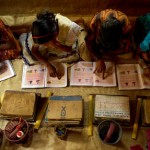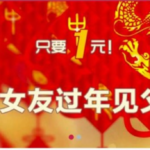Fair Trade: Fair or Exploitative?
The model of Fair Trade operates as a means to provide exploited laborers with various resources such as fair wages, education, and healthcare benefits with the goal of self- sustainability. Framed by western ideas of equality and justice, the model in its varying forms works within the exploitative capitalist system it seeks to escape. This podcast describes an account of Fair Trade tea from India and how such “ethical” organizations impact India’s local tea growers.
Following Stirrat and Henkel’s article, “The Development Gift: The Problem of Reciprocity in the NGO World”, themes of power and an identification of different classes of individuals is evident. Furthermore, westernized, Christian values of sustainability and equality are located in the moral claims of the companies as they are projected onto these exploited groups.
https://www.bbc.co.uk/programmes/p03jrjqs
Contributed by KatherineDeSilva on 14/01/2019







Yes, in a similar vein to global aid, the topic that we are discussing this week, the intentions of those involved in Fair Trade are generally good but they do not adapt/change when it is clear that the local consequences of their actions are devastating. You point out rightly that one of the problems is that fair trade campaigners are using the same market/capitalist system that they are critiquing to express morality. This has signaled to companies that they can make a profit from ethical consumption. This kind of trade often reduces poor people’s consumption to the political and moral agendas of the rich.